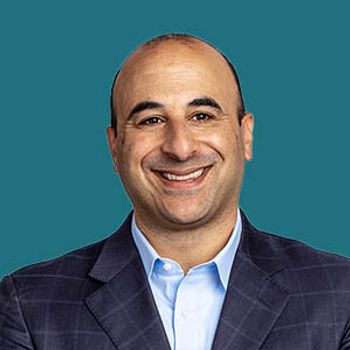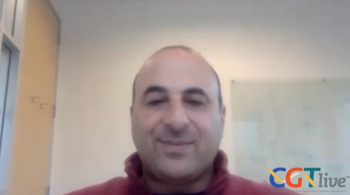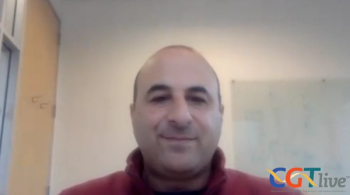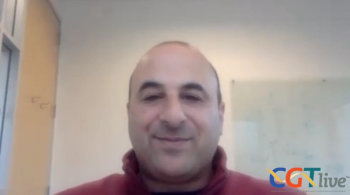
Mind Moments®, a podcast from our sister site NeurologyLive®, held an exclusive interview with Jonathan Parker, MD, PhD.

Mind Moments®, a podcast from our sister site NeurologyLive®, held an exclusive interview with Jonathan Parker, MD, PhD.

Cory R. Nicholas, PhD, the cofounder and CEO of Neurona Therapeutics, discussed future plans for the expanded applications of the allogeneic regenerative neural cell therapy.

Cory R. Nicholas, PhD, the cofounder and CEO of Neurona Therapeutics, discussed the ongoing first-in-human clinical trial evaluating the cell therapy for drug-resistant mesial temporal lobe epilepsy.

Cory R. Nicholas, PhD, the cofounder and CEO of Neurona Therapeutics, discussed NRTX-1001, the company’s allogeneic regenerative neural cell therapy currently being evaluated in MTLE.

The cofounder and CEO of Neurona Therapeutics discussed the company’s goals to evaluate the cell therapy in more types of epilepsy and potentially even in Alzheimer disease.

The cofounder and CEO of Neurona Therapeutics discussed results from a phase 1/2 clinical trial presented at AES’s annual meeting.

The trial is recruiting 5 more participants for the highest dose cohort following a positive DSMB review.

The cofounder and CEO of Neurona Therapeutics discussed NRTX-1001, the company’s allogeneic regenerative neural cell therapy.

uniQure’s AAV9-vector therapy carrying 2 small interfering RNAs targeting GRIK2 was well-tolerated, with a hopeful risk-benefit ratio. A phase 1/2 is set to begin recruitment in late 2023.